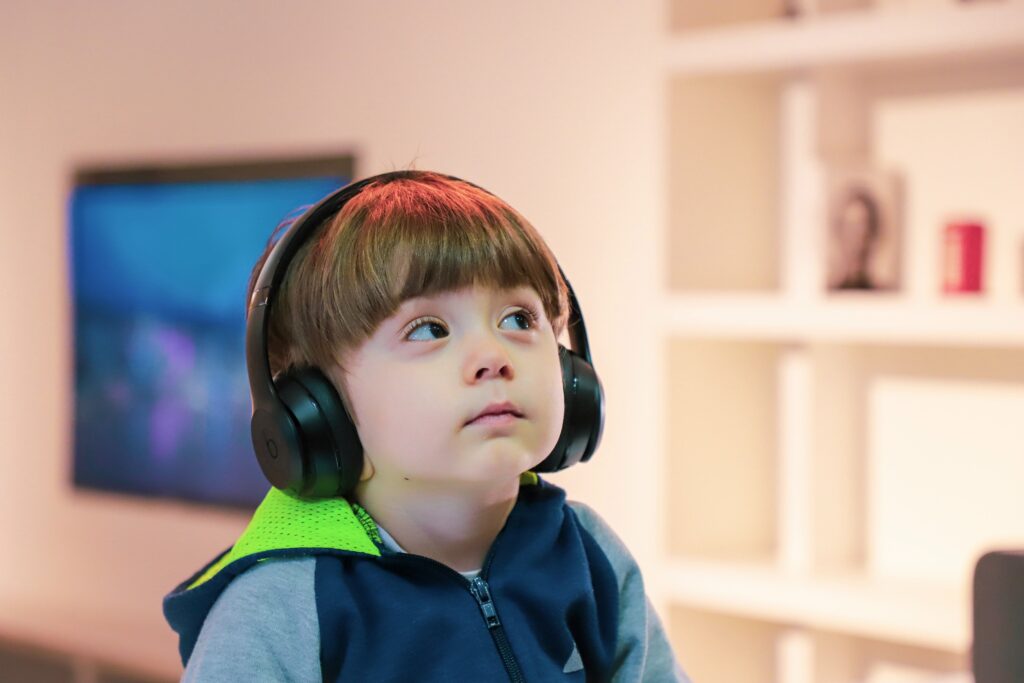It’s World Autism Awareness Day. Today, we seek to shed more light on the position of children and people with autism in society, as well as to contribute to the improvement of their status.
“Autism” is a term that we can often hear in kindergartens, schools, parks, but it is still a great unknown in society, before which we cannot and must not close our eyes.
Autism is one of the pervasive developmental disorders or autism spectrum disorders that is characterized by difficulties in social interaction and communication, extremely limited interests, and repetitive behavior.
The fact is that autism is difficult to diagnose because there are no diagnostic tests or genetic markers with which we could prove its presence. The diagnosis is subjective, which means that the symptoms vary from one person to another. It is often said that there are as many forms of autism as there are autistic people.
Autism is a disorder that is affecting more and more people. It is most often noticed by parents. With children, it is first manifested with the absence of cooing and gesticulation. The child does not respond to his name, or to any change in his immediate environment. After that, speech difficulties or slower speech development are noticeable. There is a visible lack of interest in people, objects, and the environment that surrounds him. A child is in his own world of play without the desire to interact with other children. The actions and movements he uses are mechanical, unpredictable, repetitive, and often aggressive.
Symptoms vary from mild to more severe, such as mental retardation.
Parenting challenges
“The rest of the world still thinks autistic people don’t do emotions. I’d love that narrative to be changed. […] to start thinking of autism less as a cognitive disability and more as a communicative disability – and then act accordingly.” David Mitchell

